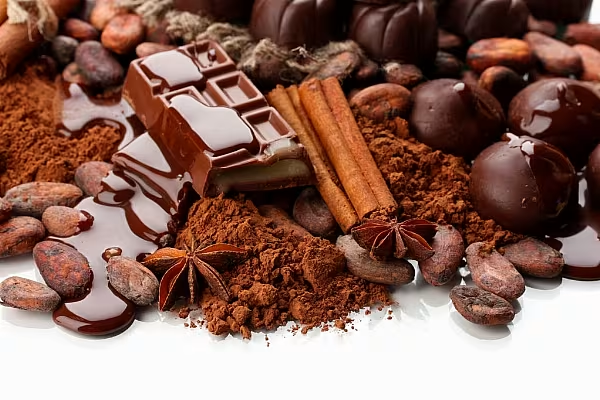Ivory Coast's domestic cocoa traders association GNI has called for the regulator in the world's top bean producer to introduce reforms that would end the dominance of six multinationals in handling the West African country's cocoa exports.
GNI, which represents 15 domestic cocoa companies with purchasing and export capacity of about 300,000 tonnes of beans a year, said in a 22 January letter seen by Reuters that their survival depended on introducing the changes.
Ivory Coast's cocoa industry is in turmoil. A bumper crop and sluggish global demand due to the coronavirus crisis has left hundreds of thousand of tonnes of unsold cocoa beans in the hands of farmers, cooperatives and small grinders.
Cocoa Exports
Domestic grinders said in the letter that Ivory Coast's external cocoa marketing system has created a distorted market with six multinationals accounting for 100% of cocoa exports, effectively creating a monopoly.
"Indeed, some years, as is the case this year, we have physical stocks that we carry without sales contracts to sell them. Other years, as was the case last year, we have sales contracts but not enough stock to cover them," the letter said.
The six international traders are Cargill, Barry Callebaut Olam French commodities traders Sucden and Touton and Swiss-based Ecom.
Major international chocolate makers favour sourcing cocoa supplies from multinationals mainly because they have the scale and finance to guarantee quality and availability of beans, analysts say, shutting off export opportunities for local firms.
A lobby group representing the six multinationals in Ivory Coast did not respond to an email or phone calls seeking comment. Sucden declined to comment, while representatives for the other multinationals did not immediately respond to emailed requests for comment.
Monopoly On Purchases
Domestic cocoa operators said in the letter to the Ivory Coast Cocoa and Coffee Council (CCC) that the six international firms - three of which also have grinding capacity in the country - had a monopoly on purchases.
"We are therefore excluded from the chocolate makers market and from certification programmes to the unique benefit of those six companies that are our competitors and customers, and also the exclusive representatives and suppliers of chocolate makers in Ivory Coast," GNI said in the letter.
The CCC did not respond to a Reuters email seeking comment.
The group made a four-point proposal to reform the marketing system including immediately compelling the six multinationals to source between 20% to 30% of their volumes through Ivorian cocoa grinders.
It also proposed that major chocolate makers, such as Mars, Mondelēz, Nestlé, Ferrero, Hershey and Lindt, which now buy exclusively from the six multinationals, be required to buy some cocoa direct from domestic companies.
"We understand the reluctance of the chocolate makers to source their chocolate directly from the origin without going through the their six exclusive 'firewall' representatives," the GNI said, but said this was happening in Ghana without any risk.














